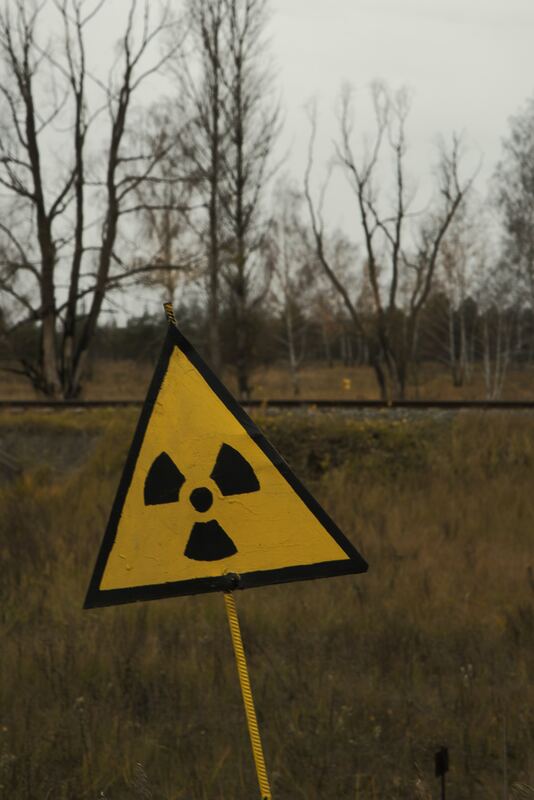|
Our children will enjoy in their homes electrical energy too cheap to meter... It is not too much to expect that our children will know of great periodic regional famines in the world only as matters of history, will travel effortlessly over the seas and under them and through the air with a minimum of danger and at great speeds, and will experience a lifespan far longer than ours, as disease yields and man comes to understand what causes him to age.
Lewis Strauss, chair of the Atomic Energy Commission Even if you build the perfect reactor, you're still saddled with a people problem and an equipment problem. David R. Brower, environmental activist and founder of the Sierra Club I just started following The National Interest’s blog, and I’m enjoying the international perspective and diversity of contributors. I’m always interested in alternatives to carbon-based energy, and recently John Quiggin, an Australian economist, wrote about why he thinks that China’s nuclear program could work for them (Link: http://nationalinterest.org/commentary/china-can-make-nuclear-power-work-9815). I grew up in a time when nuclear power was going to solve all our energy problems, making electricity too cheap to meter. But Quiggin points out that even by the time the Three Mile Island meltdown occurred 1979, the nuclear plant building boom in the United States was nearing an end. Long delays, cost overruns, and public opposition resulted in no new nuclear plants being completed after 1980. In contrast, the French were successful at building a large number of nuclear reactors, in an effort to convert completely to nuclear energy in the wake of the 1970s energy crises. Arnulf Grubler, one of my favorite professors at Yale, pointed to four key factors in the success of the French:
Could China, which seems to have a lot in common with 1970s France, make nuclear power work for them to reduce the amount of coal they are burning? Quiggin seems to think it’s a good possibility and would be beneficial for everyone on our planet. He points out that “China is ruled by a modernising elite that’s procapitalist but happy to exercise state control over the economy, and to ignore or crush public opposition. Like France, China seems likely to standardize on a single Westinghouse model, the AP1000. So, it’s unsurprising to see Chinese nuclear projects being completed on time and on budget while similar projects in the US and Europe are floundering.” Of course, it might be difficult for those conditions to be sustained in China into the future, and if renewables become economically competitive, nuclear could be less attractive. I’ve spent a lot of time at all kinds of factories in China, including a number of coal fired power plants, biowaste facilities, and co-generation plants at large industrial plants. I’ve audited solar panel fabrication plants, transformer factories, and all kinds of factories making manufactured goods like CAT scan machines, escalators, and refrigerators. What worries me about nuclear power in China are the two things I see in common with all these facilities: not one of them had bothered going through the effort to get all their environmental permits in place, and not one of them had an appropriate operations and maintenance program to ensure that conditions at the factory when it was built would be sustained for more than a year or two after completion. And that brings me back to David Brower’s quote. Given the complexity and inherent risks associated with nuclear power, its success rests on the people and their ability to understand and maintain the equipment they are working with. I’m not sure any government or company can manage that for nuclear power over the lifetime of the plant and the waste it produces.
0 Comments
Leave a Reply. |
Marty WaltersEnvironmental Scientist Archives
March 2021
Categories
All
|
Proudly powered by Weebly



 RSS Feed
RSS Feed